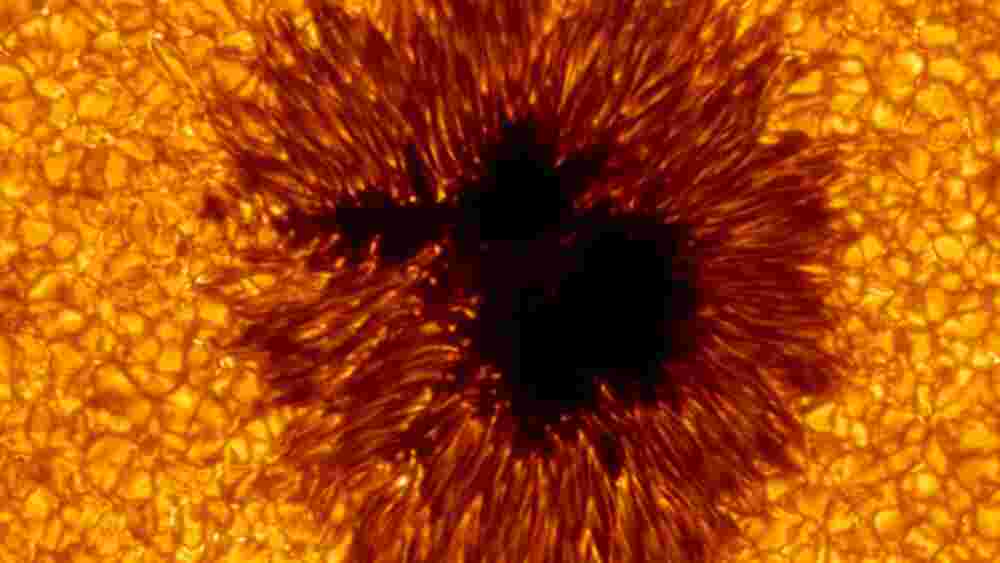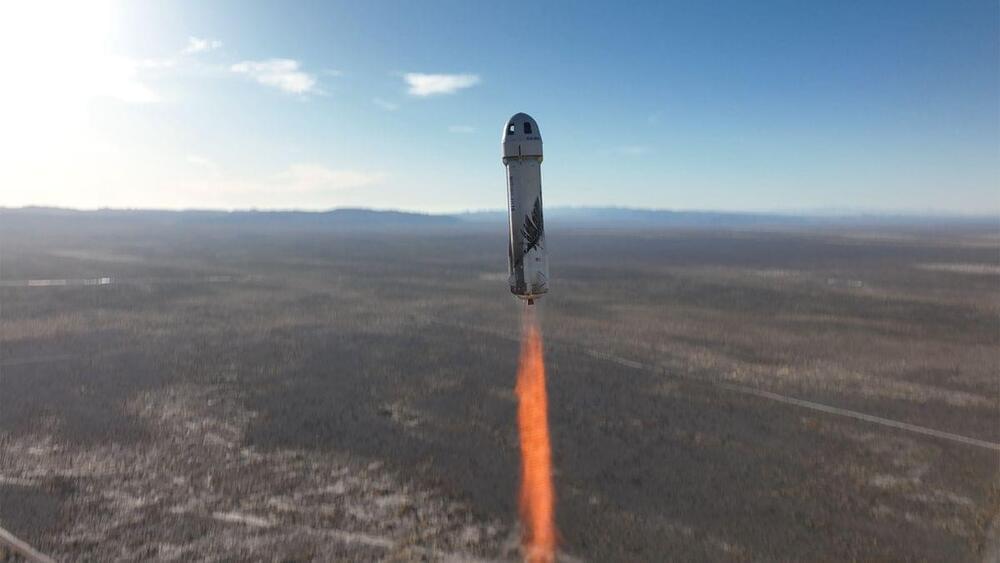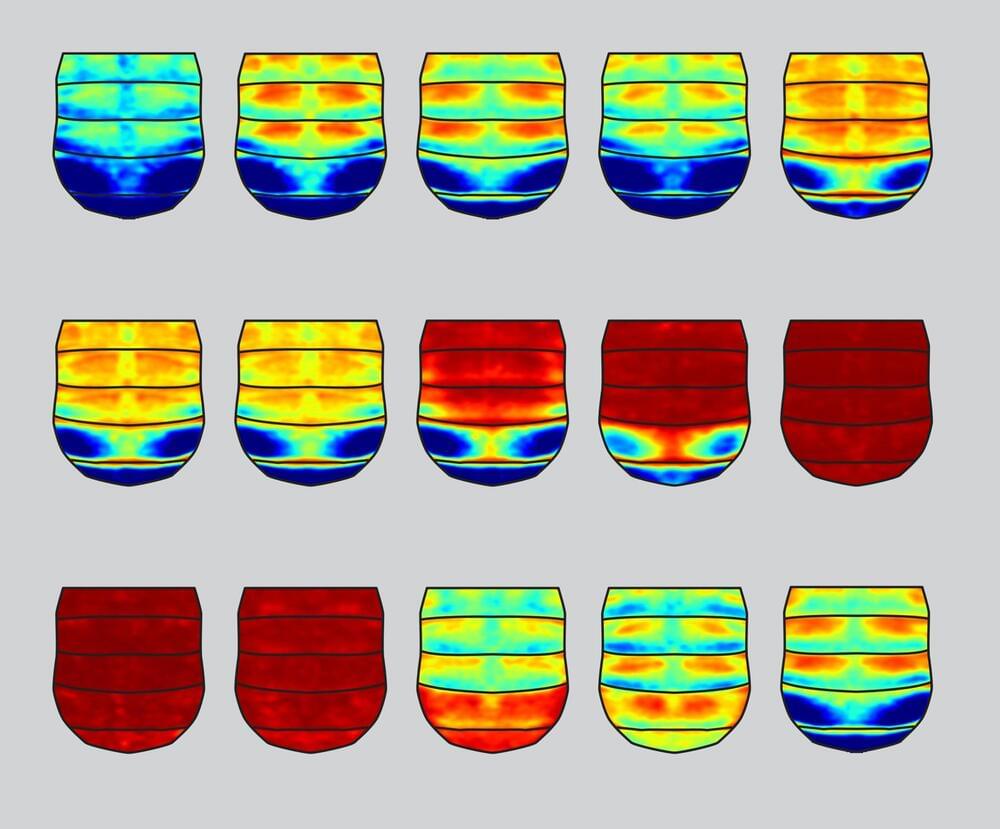
How can scientific discoveries based on large volumes of experimental data be accelerated by artificial intelligence (AI)? This can be achieved in heterogeneous catalysis, according to a recent study led by Prof. Weixue Li from the University of Science and Technology of China (USTC) of the Chinese Academy of Sciences, published in Science.
The researchers developed a comprehensive theory of metal-support interaction (MSI), a key aspect of catalysis, by combining interpretable AI with domain knowledge, experimental data, and first-principles simulations.
Supported metal catalysts are widely used in industrial chemical production, petrochemical refining, and environmental control systems like exhaust catalysts. MSI influences interfacial activities, such as charge transfer, chemical composition, perimeter sites, particle shape, and suboxide encapsulation, in addition to stabilizing dispersed catalysts. As a result, modifying MSI is one of the few ways to enhance catalyst performance.


















